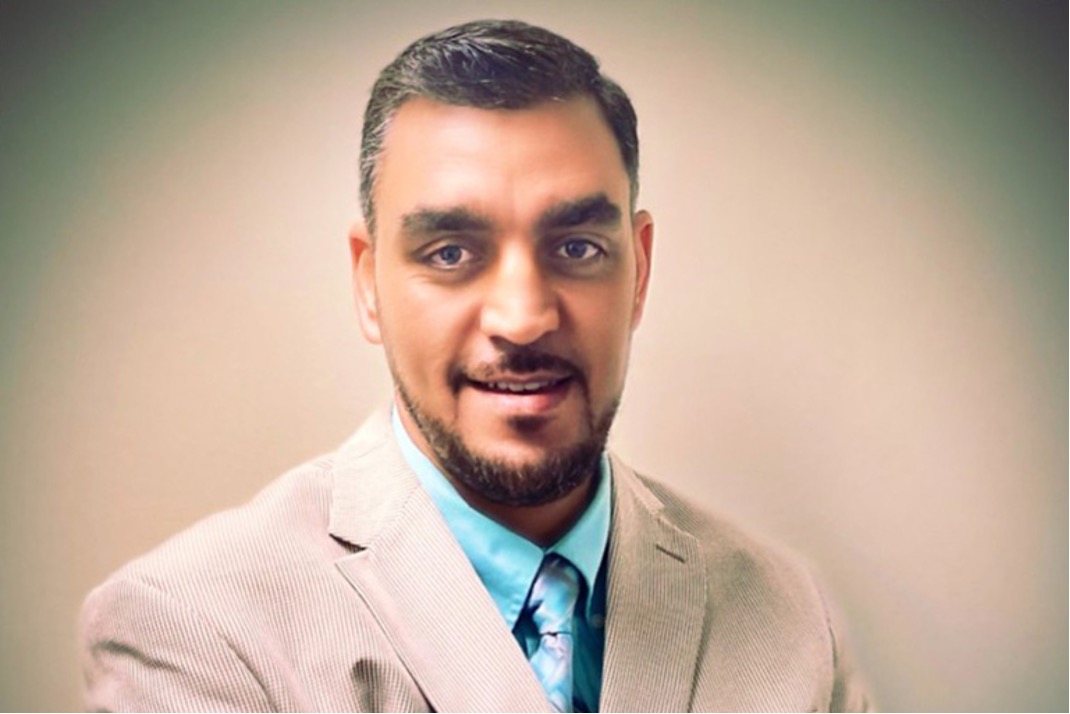How One Regis University Professor is Reshaping Criminology
Meet Amin Asfari, Ph.D., Program Chair for Criminology at Regis
If you find yourself at home with a pile of detective novels on your coffee table, listening to the My Favorite Murder podcast, while Ice-T makes astute observations in the background on Law and Order: SVU, you might as well admit it — you find crime fascinating. So, why not turn your interest in understanding crime into a viable career with a degree in criminology?
We sat down with Amin Asfari, Ph.D., Associate Professor and Program Chair for Criminology, to learn more about his background as a criminologist and what makes the Regis program so unique.
How long have you been teaching at Regis? And what drew you to Regis in the first place?
Dr. Asfari: I’ve been at Regis University for two years. I was drawn to Regis for a few reasons, but primarily its mission and focus on social justice, not just in theory, but in practice. It stood out to me from other criminology programs in Colorado.
What kind of professional expertise and knowledge do you bring to the criminology classroom?
Dr. Asfari: I come with extensive teaching experience and a unique record of publications. I have worked extensively with members of the criminal justice community, including police, courts and corrections, and am very familiar with the challenges they face.
Could you tell us specifically about your experience researching and writing about American Muslims, Muslims and police, and Islamophobia in correctional institutions?
Dr. Asfari: I refer to my research as ‘strategically’ non-specialized. By this, I mean that I like to examine all facets of the criminal justice system, with a strong emphasis on Muslims. Muslims have been studied heavily as potential threats post-9/11, but there is not enough known about how they navigate the criminal justice system as victims, perpetrators or professionals working within the system. I also see Islamophobia (hatred and fear of Muslims) as a unique way to understand how hate crimes unfold and impact the American Muslim population.
In your opinion, what are the greatest strengths of the criminology program at Regis?
Dr. Asfari: Since I began, I focused on developing a program that aligns with the social justice mission of the University while being connected to the needs of students and employers. Moreover, the criminology program connects students to potential future employers through experiential learning opportunities with our partner organizations. Several students have already secured internships and employment opportunities prior to graduating.
What differentiates the Regis criminology program from similar programs at other universities?
Dr. Asfari: Our advisory board. I organized an advisory board that includes traditional criminal justice organizations, such as police, courts and corrections, and the non-profit sector. Much of the work done today in the criminal legal system is done through non-profit agencies.
Whether we are talking about organizations that deal with the unhoused, prisoner reentry, substance abuse or domestic violence, our advisory board contains a wide variety of experts to help shape the curriculum into one that is constantly relevant, and they provide students networking opportunities which are critically important for their professional development.
What type of student thrives in the criminology program at Regis? What sort of talents and abilities are useful in this program?
Dr. Asfari: Successful criminology students at Regis University possess strong analytical and research skills, excellent communication abilities and a commitment to ethical and moral awareness. Critical thinking, problem-solving and a curiosity for understanding crime and its social dynamics are also valuable traits for thriving in the program. Students are not expected to know everything — they are expected to try hard and be open-minded to innovative ideas.
Do you have any advice for aspiring criminologists or students seeking related career paths?
Dr. Asfari: Two things are important if you want to succeed — dedication to helping others and a willingness to step outside of your comfort zone to network with professionals in the field.
Are you interested in understanding the mind of a criminal? Learn more about our B.S. Criminology and M.S. Criminology programs and make a difference in your community.
